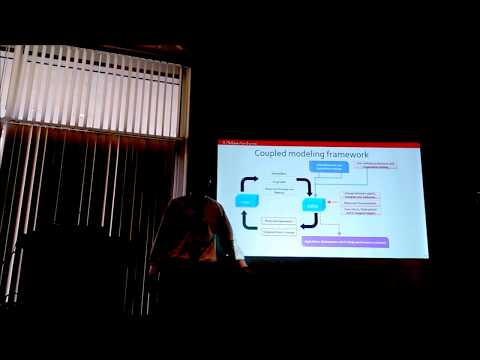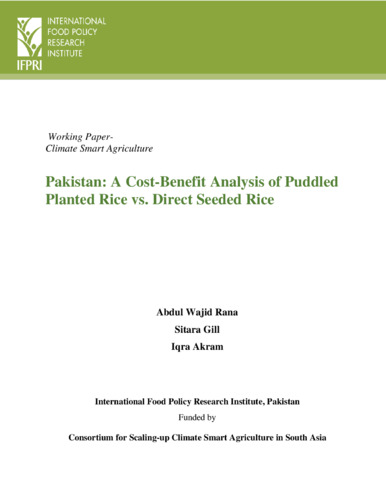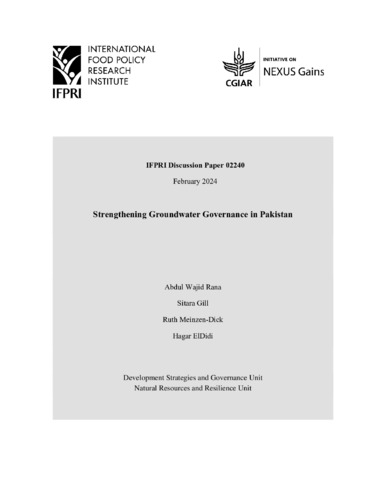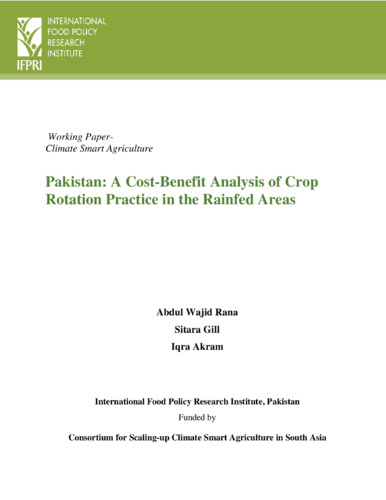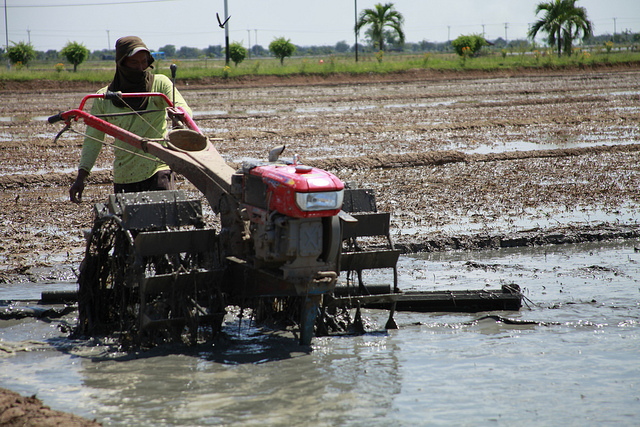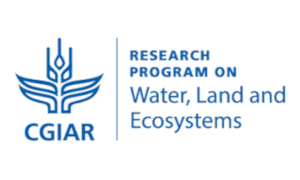Insights from Agent-Based Modeling in the Indus, Mekong and Niger basins
The CGIAR Research Program on Water, Land and Ecosystems (WLE) in conjunction with the International Food Policy Research Institute (IFPRI) and partners is promoting a new approach to sustainable intensification in which healthy functioning ecosystems are seen as a prerequisite to agricultural development, food security and human well-being. Many of these ecosystems are water-based or water-related, and water-related ecosystems are also those most threatened by both human interventions and climate change.
Current water planning models are not equipped to adequately assess the interactions of ecosystems and economic development. If ecosystems are considered at all in these models, they are generally relegated to minimum flow constraints.
In this project, we use an agent-based modeling (ABM) approach to define key water- and related ecosystem services as active agents and let them ‘speak for themselves’. We then couple these agent based models with basin-scale hydrologic models to model basins as coupled human-natural systems. Agent-based modeling (ABM) differs from conventional modeling techniques, which often ignore heterogeneity among water users, assume an omniscient decision-maker and only consider ecosystems as constraints rather than active agents and benefit providers.
We will work in three focal regions and river basins under the CGIAR Research Program on Water, Land and Ecosystems (WLE): the Mekong, the Niger and the Indus.




